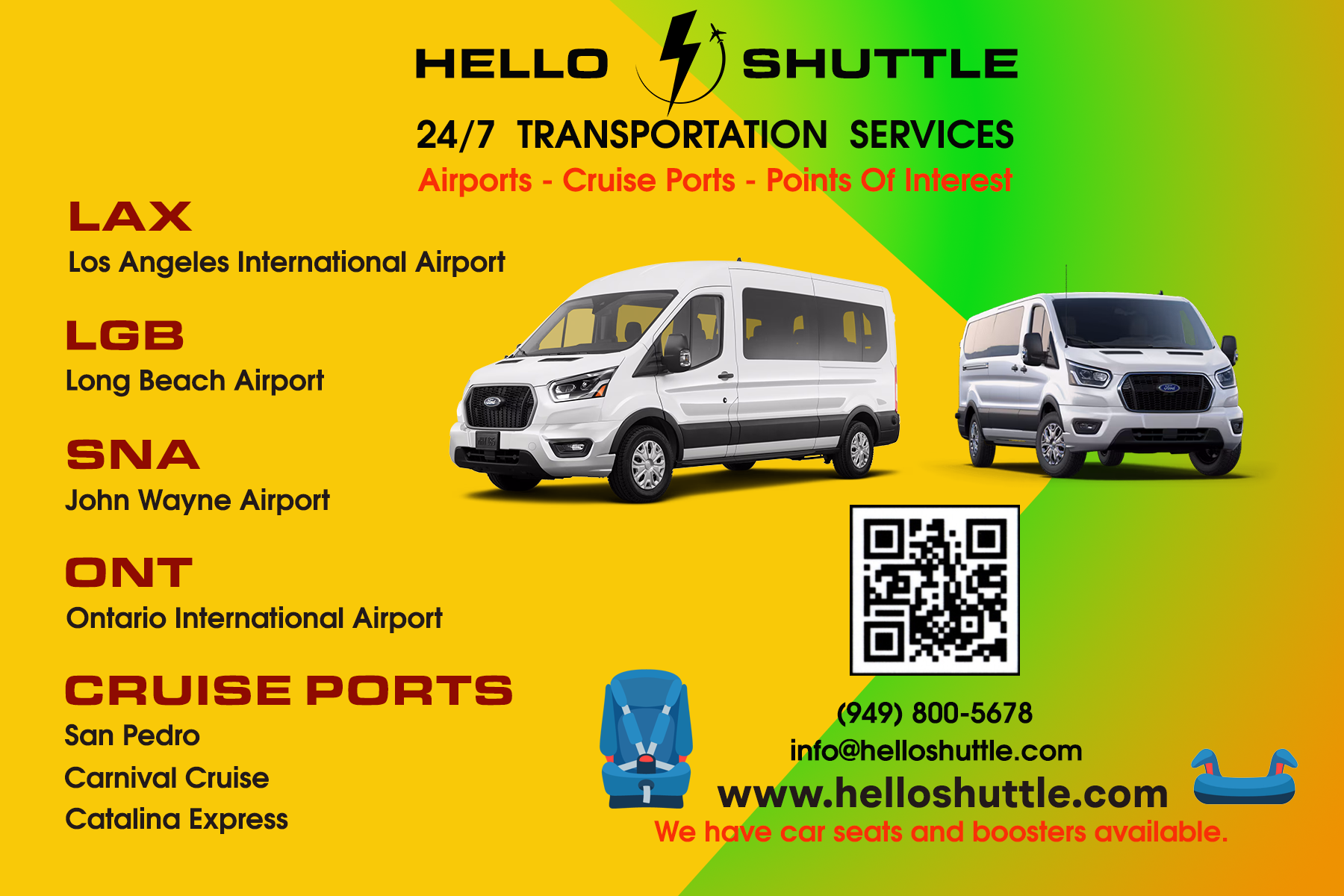
President Donald Trump has long signaled his intent to use tariffs as an economic weapon against nations that refuse to meet his demands. However, what exactly those demands are remains unclear.
According to The New York Times, Trump’s vague approach is part of his strategy—it allows him to claim victory or shift positions whenever he sees fit.
Did Canada and Mexico Actually Concede?
Trump wants Canada and Mexico to curb illegal immigration at the border and stop fentanyl shipments. However, he has provided little clarity on what he considers acceptable cooperation from these nations.
When asked what Prime Minister Justin Trudeau needed to do to avoid U.S. tariffs, Trump responded: “I don’t know. We have a massive trade deficit with Canada, just like we do with everyone else. I’d love to see Canada become the 51st state.”
Ultimately, just before the tariffs were set to take effect, Trump announced a 30-day delay for Canada and Mexico, avoiding what could have been a trade war with major economic consequences.
Trump framed the delay as a result of concessions from the two nations. Canada appointed a “fentanyl czar” and created a joint task force to combat organized crime and money laundering. Mexico, according to Trump, pledged to deploy 10,000 National Guard troops to tighten border security. However, it remains unclear whether these moves qualify as major concessions.
Trudeau, in a social media post, pointed out that Canada’s new measures were already part of its $1.3 billion border security plan, which includes additional technology and personnel along the U.S. border. Official data shows that only a small fraction of fentanyl seizures occur at the U.S.-Canada border.
Meanwhile, Mexico had already intensified border security before Trump’s tariff threat, and illegal crossings had significantly declined. In the first four months of President Claudia Sheinbaum’s administration, Mexican authorities seized large quantities of fentanyl and ramped up efforts to locate and destroy fentanyl labs. U.S. overdose deaths declined in 2024 after years of rising numbers.
"Trump thrives in chaos. He capitalizes on uncertainty," said John Feeley, a former U.S. ambassador to Panama. "He doesn’t need specific data or metrics. He doesn’t operate that way. He focuses on public and media reaction."
On February 3, White House Press Secretary Karoline Leavitt defended Trump’s tariff threats.
"There has been a surge in illegal drugs and people crossing both the northern and southern borders," she said. "The president made it clear to Canada and Mexico that the U.S. will no longer be a dumping ground for deadly drugs and criminal individuals."
The Political Advantage of Ambiguity
Canada insists it has already met U.S. demands. Foreign Minister Mélanie Joly has visited the U.S. five times since Trump’s election, and “border czar” Tom Homan has acknowledged improvements in Canada’s border security measures.
In a recent interview, Joly said she met with Homan in Washington on January 31, presenting a two-page document and a video detailing Canada’s border enforcement efforts. Homan later stated that while Canada had made improvements, “Trump feels they haven’t done enough, and the final decision is his.”
Trump maintained his hardline stance on Canadian tariffs until February 3—just one day before they were set to take effect.
Meanwhile, Mexico’s enhanced border enforcement aligns with Trump’s strict immigration policies. U.S. officials have expressed concerns in recent years about Mexico’s inconsistent prioritization of border security.
However, Mexico had already stepped up enforcement nearly a year ago, following pressure from the Biden administration. Illegal border crossings had already dropped significantly. Back in 2021, Mexico deployed 10,000 troops for immigration enforcement—without facing tariff threats from Trump. White House spokesperson Leavitt said the newly announced Mexican deployment on February 3 would be permanent.
Since returning to office, Trump has projected a tough, no-compromise stance on foreign policy. He threatened tariffs against Colombia for refusing to accept deportation flights of illegal migrants—Colombia quickly relented.
Andrew Selee, president of the Migration Policy Institute, noted that it remains unclear what Mexico and Canada must do to avoid tariffs permanently. However, during this temporary reprieve, both Trump and Sheinbaum may benefit politically. Trump can claim credit for adding more troops to the border, while Sheinbaum can tout her direct confrontation with Trump.
"I think Mexico wants to understand what the U.S.’s ultimate goal is, but the flexible nature of these discussions benefits both sides," Selee said.
Hello Shuttle will strive to bring the latest updates. At the end of the day.
Are you looking for reliable airport and cruise port transfer services in Los Angeles?
We offer professional, safe, and punctual transportation from
Los Angeles Airport - LAX
Long Beach Airport - LGB
John Wayne Airport - SNA
San Pedro cruise port
Long Beach cruise port
Disneyland
and other destinations.
Let us make your journey stress-free and comfortable with our dedicated drivers and high-quality vehicles. Book now for the perfect travel experience at www.helloshuttle.com or call 944-800-5678!


